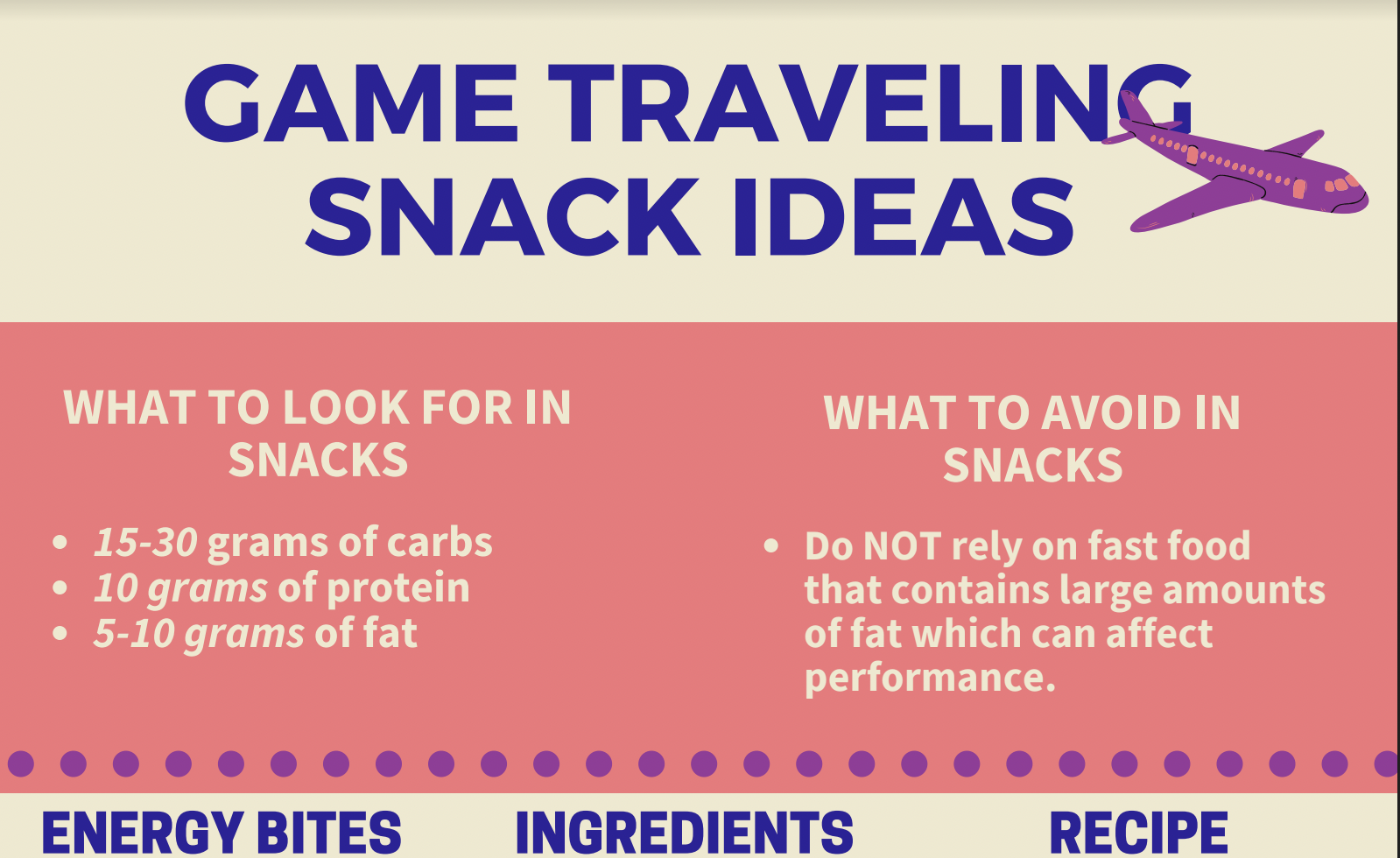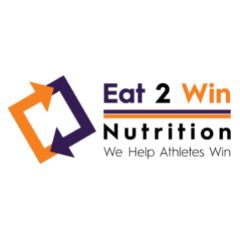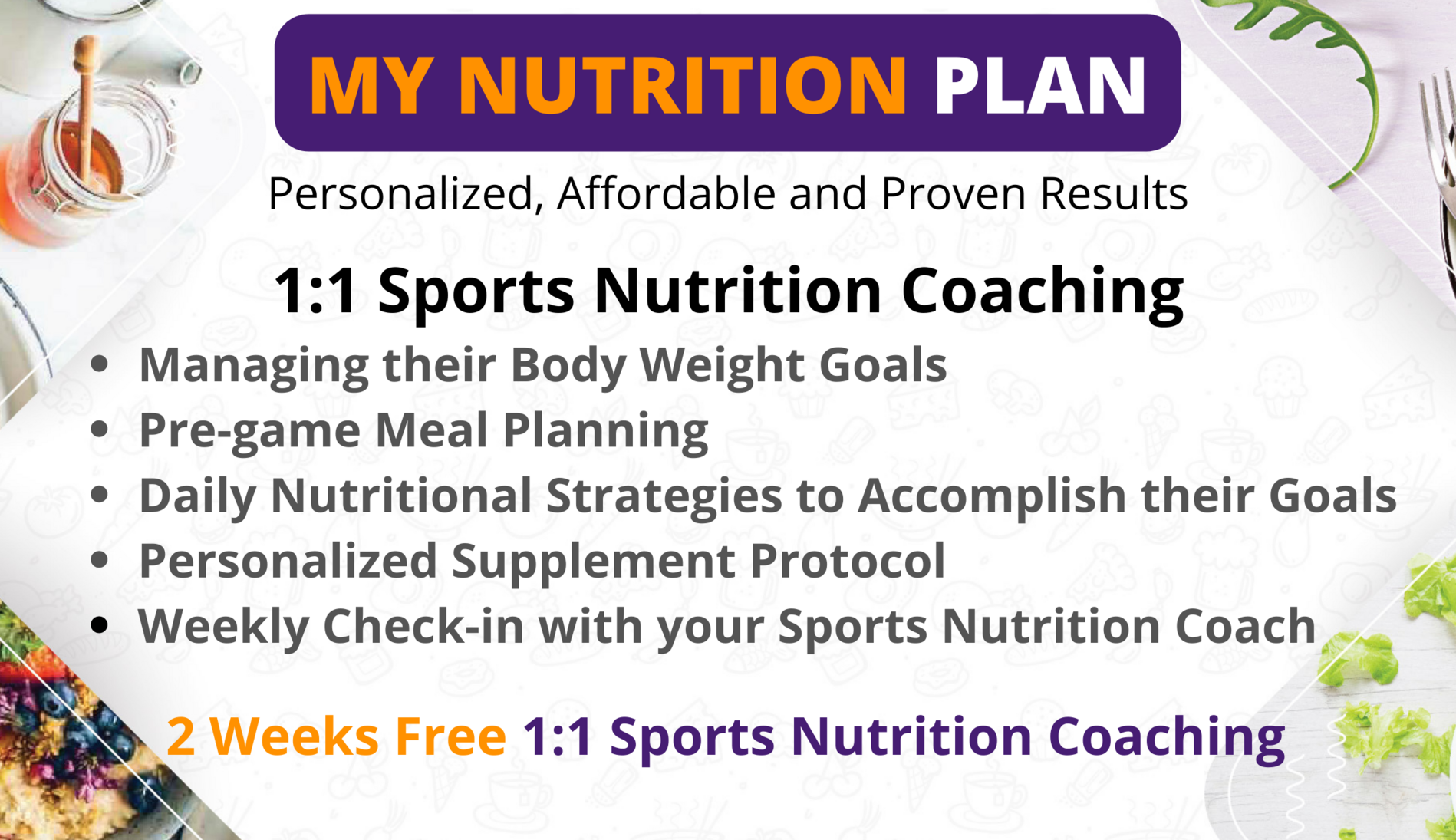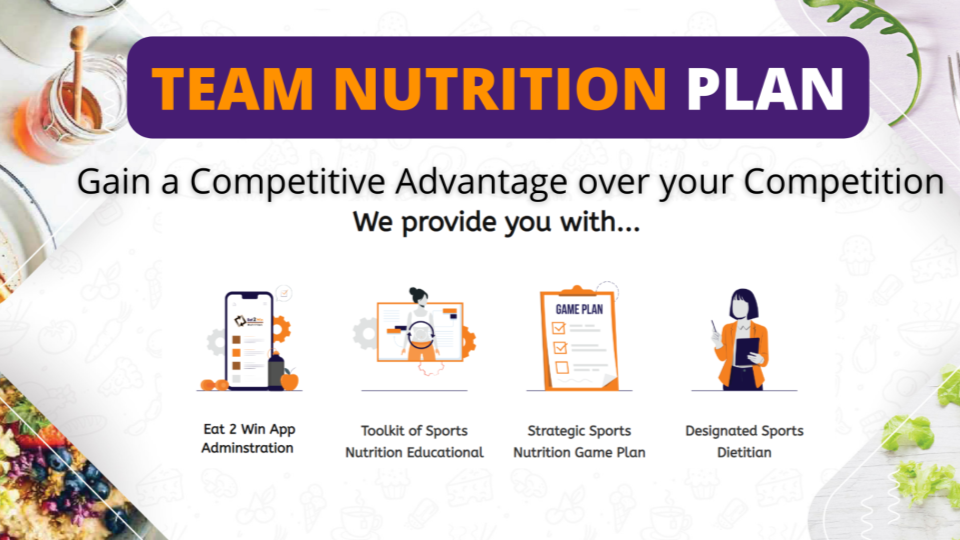Nutrition for Olympic Athletes with Alecia Kending MS, RD, CSSD
Next Level Podcast with Host Tavis Piattoly, MS, RD, LD
Alicia Kendig, MS, RD, CSSD
Senior Sport Dietitian working with Olympic Athletes
Alicia Kendig joined the U.S. Olympic Committee as a registered sports dietitian for Team USA's Olympic athletes in 2011. In that role, she provides sports nutritional services to the strength and power, and winter sports athletes. In addition, she oversees the activity and testing for peak performance at the Olympic Training Center's Athlete Performance Lab in Colorado Springs, Colorado.
Prior to joining the USOC, Kendig took a coaching internship in Colorado Springs, Colo. Following the internship, she focused on sports nutrition and exercise science. Kendig has worked with various National Governing Bodies, the U.S. Olympic Committee and the United States Anti-Doping Agency to educate athletes on sports nutrition and dietary supplements. She also has helped athletes of all ages, levels and backgrounds achieve performance goals by focusing on fuel for optimal performance.
Kendig holds a bachelor’s degree in nutrition and a master’s degree in public health nutrition from Case Western Reserve University in Cleveland, Ohio.
In this podcast you will learn:
- Alicia's responsibilities as a Sports Dietitian for the various US Olympic Teams she manages?
- The challenges Olympic athletes face regarding nutrition?
- Her approach with an athlete when sitting down with them to conduct their nutrition assessment?
- What does she look for in an Olympic athlete’s diet that may help them make an immediate impact on performance?
- What is the nutritional approach to a sport such as Figure Skating where body fat and weight is probably more of a focus than Swimming. How do the nutritional needs differ for these athletes and does she use different macronutrient ratios?
- What are some of the food challenges her athletes face when traveling around the world? Does she find it difficult to locate places or foods that an athlete will like?
- How to make modifications for picky eaters, especially when they are in a country for the first time?
- Any well known athlete or athletes that stand out above the rest in regards to being a champion for promoting good eating habits?
- What type of standards or measures do you have in place that assesses food safety and quality to ensure what the athletes are eating is safe?
- What type of program does the OC have in place to help educate athletes about supplement safety?
- As it gets close to an event with nerves and adrenaline levels elevated, how does she address athletes without an appetite, especially those who have not eaten in 6-7 hours?
- Do young athletes like Missy Franklin look at the career of someone like Dara Torres and realize how much emphasis Dara put into her training and diet and try to model their nutrition plan around it?
What would be your one piece of advice you’d want to give our young athletes who listen to the show regarding nutrition?
Resources and Links
Podcast Transcript
2:55 Alicia's responsibilities as a Sports Dietitian for the various US Olympic Teams she manages
- So when I first started at the USOC, probably about three years ago, I was working with endurance sports, winter sports, and Paralympic sports. But since then, realizing those are huge groups in themselves and times three it was way too much. I'm now more in the some of the winter sports and now I've taken on some summer sports. We currently have a Sports Nutrition fellow that's taken over the endurance sports, and we’re very happy to announce that we have hired a full time Paralympic sports dietitian. Right now I’m focusing on figure skating and women's ice hockey on the winter side. On the summer side my main focus is with the national swim team and our USA track and field athletes. Those four sports in themselves keeps me busy. I do some of the basic nutrition consultations, working one on one with athletes, but I also helped with menu planning and meal planning for our athletes that are trying to reach either their weight goals or performance goals. Individual recommendations but then also do for my team sports – like women's hockey. Right now they're kind of on a whirlwind tour traveling roadshow, playing Canada numerous times before the games. and then playing some local men's teams. While they're on the road I do a lot of menu planning for them. Every time they have a game I help with their pregame meal, postgame meal, and then ordering all their bars and gels and whatever they need for the during or in between period game stuff.
- So, it's individual and travel nutrition; it's group planning; it's presentations for all these groups. And then a huge part of what I'm doing, especially given the fact that they're in a registered testing pool if they're participating in the Olympics, I help with dietary supplement education to make sure that they're educated in what they're putting in their bodies. I'm sure we can talk about that later 'cause that's a huge can of worms
5:30 The challenges Olympic athletes face regarding nutrition?
- Biggest thing is logistics. These guys are on the road a lot.
- They adapt well to different environments. They’re maybe in a hotel room every day of the week.
- I think that's what makes them good at what they do is they are able to adjust. However, when we're making nutrition recommendations, if I make a meal plan, and I tell them they have to eat certain things that doesn't mean that they actually have that available to them. So, need to make them feel empowered to make the right decisions when they're in different environments …
- Challenges faced with working with different athletes → 15 year old figure skaters to equestrian athletes to athletes who are 50 years old. The challenge with this is working with their varying levels of knowledge on the nutrition
- Another challenge is athletes that are decentralized –they're all over the country. So, keeping up with the nutrition information, and there influences.
- Important to have open communication with them
8:13
- Young athletes gain the experience every year that they're competing, and they're surrounded by some of these veteran athletes that have really valued nutrition.
- Also, we have athletes that are so committed to the sport. They're looking to do whatever they can to have the performance advantage. So they know how important training, recovery modalities, and sports nutrition is for preparation or peak performance.
9:50 What would be your one piece of advice you’d want to give our young athletes who listen to the show regarding nutrition?
- It's kind of along the lines of psychology. You only go see a psychologist if something's wrong with you. We know that's not the case. There's a performance benefit to really focusing on these different areas
- The advice that I have working with these types of athletes at all different levels is to encourage athletes to appreciate nutrition and where their food is coming from.
- Be engaged in the preparation of their food.
- Athletes participating in preparation will indirectly impact how much time they put into the planning and the preparation of the food. It can make them feel empowered to make their own choices.
Download Infographic









Facebook comments